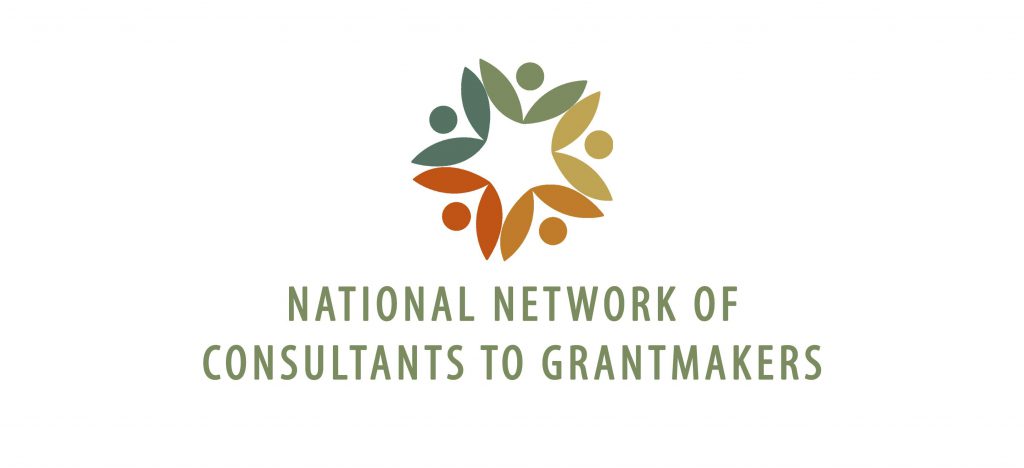 July 16, 2019 – This is a guest post by NNCG Member Gita Gulati-Partee. Gita is the founder and chief strategist of OpenSource Leadership Strategies, a consulting firm she started 15 years ago. She talks about the problem of perfection being at the heart of white dominant culture. Perfectionism tends to make people think there is only one “right way” of doing something, which does not open the mind to diverse thinking. Perfectionism can become ingrained in an organization’s culture, including it’s racial equity work if not prevented or stopped.
July 16, 2019 – This is a guest post by NNCG Member Gita Gulati-Partee. Gita is the founder and chief strategist of OpenSource Leadership Strategies, a consulting firm she started 15 years ago. She talks about the problem of perfection being at the heart of white dominant culture. Perfectionism tends to make people think there is only one “right way” of doing something, which does not open the mind to diverse thinking. Perfectionism can become ingrained in an organization’s culture, including it’s racial equity work if not prevented or stopped.
In the fifteen years since launching her national consulting practice, Gita Gulati-Partee has encountered many attributes of white dominant culture. Some are obvious within a client’s organization, but most are difficult to see and understand – even in the context of racial equity work.
One such attribute involves being driven by the calendar or clock rather than prioritizing relationships and processes that enable lasting results. Here’s another example: trying to contain everything to technical work rather than leaning into the adaptive change required for and by equity. Usually, these attributes arise out of habit and can be renegotiated as a client builds self- awareness and understanding about the change process.
Then there’s one damaging attribute that many people actually advocate for: Perfectionism.
“There seems to be a very successful marketing campaign behind perfectionism,” Gulati-Partee laughs. Why? It might be because perfectionism gets conflated with and masked by positive attributes, like striving for excellence or having a strong work ethic.
Perfectionism is especially insidious, allowing people to assume there’s only one “right way.” They then use that assumption to judge others against an unnamed, assumed universal standard.
But Gulati-Partee wants to be clear: “Perfectionism is truly at the heart of white dominant culture.”
If perfectionism isn’t called out, it can become ingrained in an organization’s culture – even in its racial equity work, starting with the setting of group norms.
In working with clients, Gulati-Partee typically introduces a set of norms as a jumping-off point for discussion. She notes that they reflect adaptive capacities and behaviors, not a rigid, technical checklist. More importantly, she adds, these suggested norms “aid in piercing the myth of perfectionism.” They are:
- Speak your truth.
- Lean into discomfort and lean into each
- Commit to non-closure.
- Embrace
- Focus on learning and responsibility, not perfection.
A self-described practical visionary and tempered radical, Gulati-Partee embraces the role of disruptor. She views her work as inherently disruptive, because consultants must be prepared to address white dominant culture “even when it’s not the actual ask of the engagement.”
Gulati-Partee believes that building skills and tolerance for disruption is an important, ongoing process. Racial equity is “really juicy and complicated” work, she notes, and no consultant can claim to have all the answers. “We’re sojourners with everyone else.”
DOWNLOAD OUR DEI TOOLKIT FOR FREE TODAY https://nncg.org/dei-toolkit/

